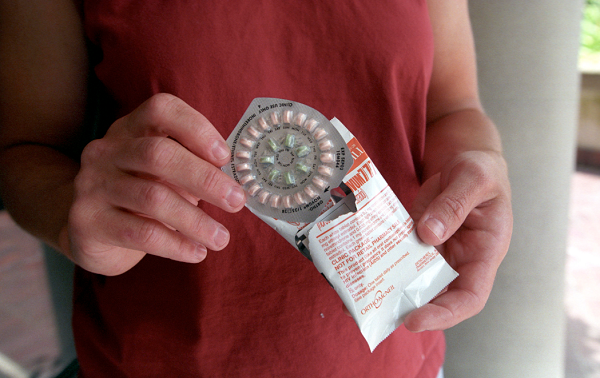Is Birth Control Bad For You? The Pill Causes Depression In Women At Higher Rates

Along with the growing pains of puberty, adolescent girls using contraception are reportedly more likely to suffer from depression than those who do not take birth control pills, according to a study published Wednesday in the Journal of the American Medical Association. In fact, researchers said more females overall who take contraception — including the pill, hormonal implants, patches and intrauterine devices — were more likely to suffer from depression and get prescribed antidepressants.
The study, conducted by researchers at the University of Copenhagen, investigated the medical records of more than one million adolescent girls and women in Denmark ages 15 to 34 and found that 23% of them were more likely to take an antidepressant along with their birth control. Thirty-four percent of women taking progestin-only pills, which are a synthetic form of the hormone progesterone, were more likely to be prescribed antidepressants or be diagnosed as depressed for the first time compared to women who were not using any hormonal contraception. Adolescent girls were 80% more likely to be prescribed antidepressants.
A Centers for Disease Control report said 54% of female teenagers in the United States ages 15 – 19 used birth control pills between 2011 and 2013. Meanwhile, 2.8 million adolescents between 12 and 17 experienced at least one “major depressive period” between 2013 and 2014. More than 17 percent of those who had admitted to depressive episodes were females, according to the National Institute of Heath.
The latest study linking birth control and depression concluded with doctors calling for more research on the connection.
A 2013 study in the American Journal of Epidemiology took a completely different stance on birth control and depression. It found that women using contraception in the form of the pill, the patch and the birth-control ring had lower levels of depressive symptoms and were less likely to report suicide attempts. The study observed 6,654 sexually active women ages 25 to 34 who had used birth control between 1994 and 2008.
© Copyright IBTimes 2025. All rights reserved.






















